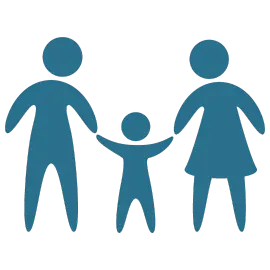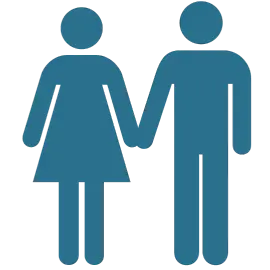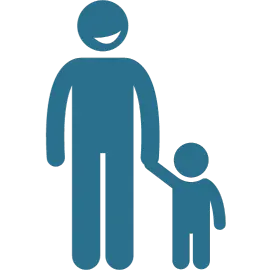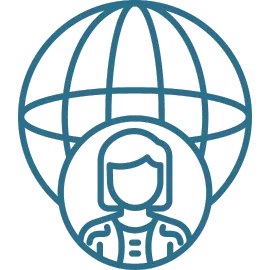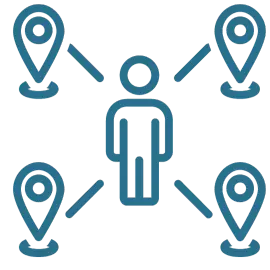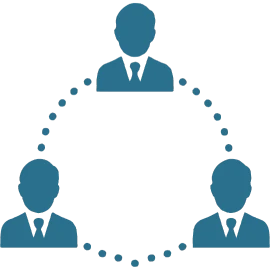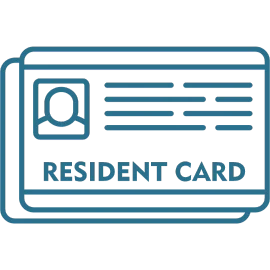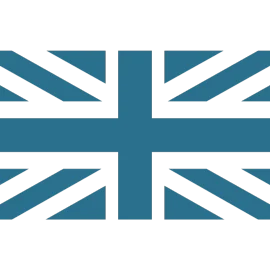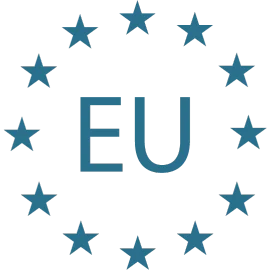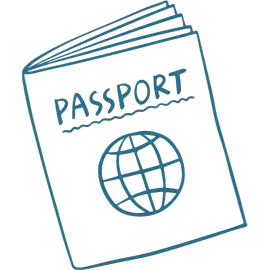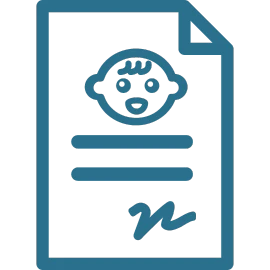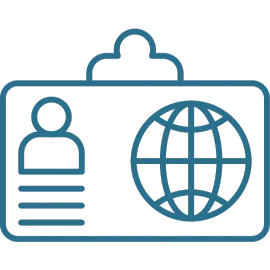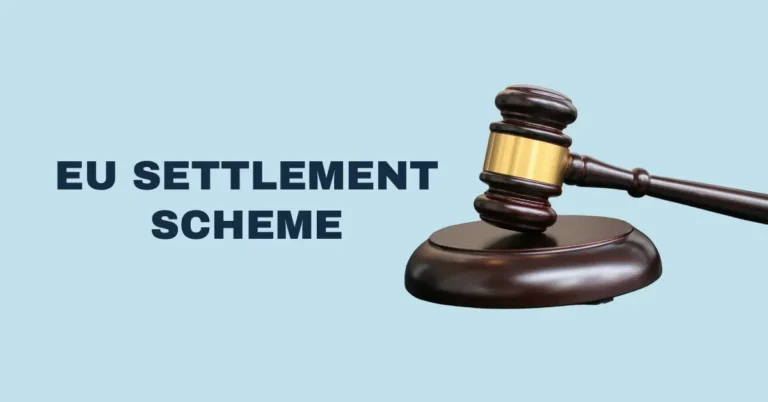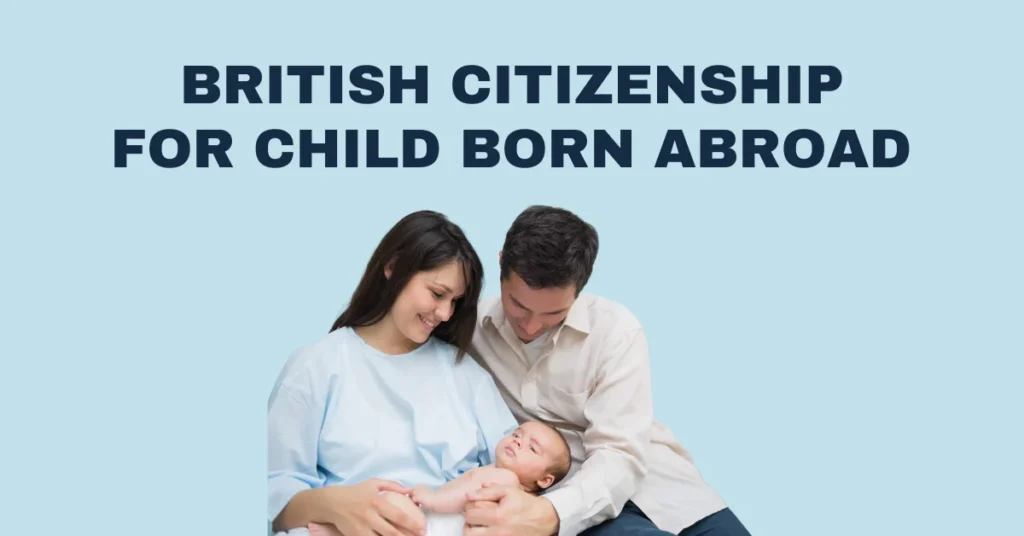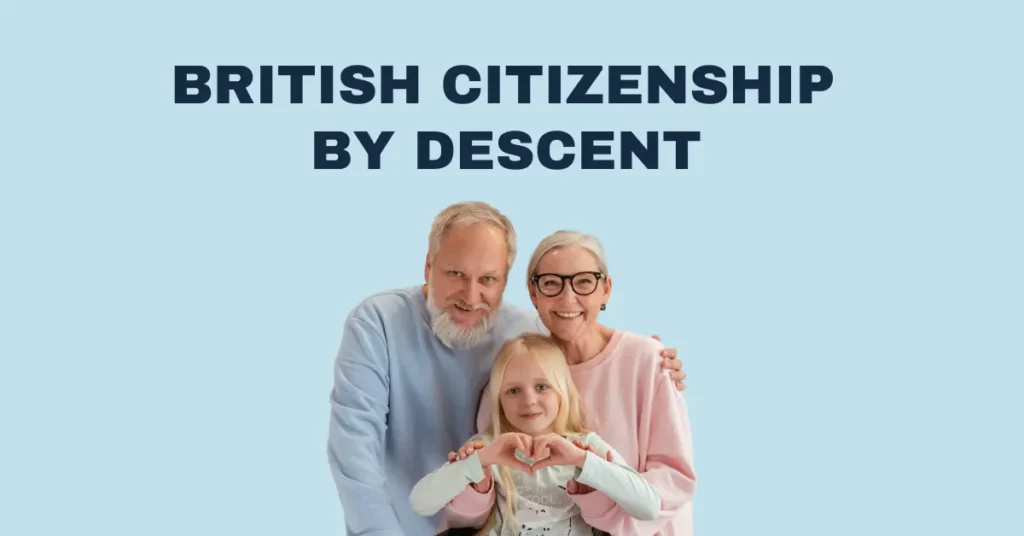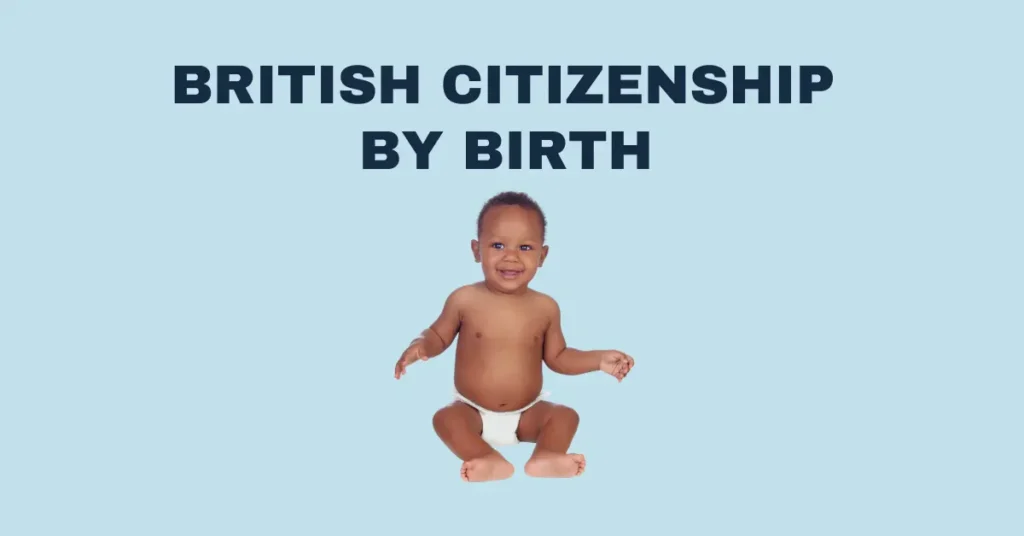The EU Settlement Scheme (EUSS) was established to grant EU and EEA citizens who were residing in the UK before the close of 2020 the privilege of residency. This scheme emerged following the UK’s exit from the EU and the conclusion of free movement. Applicants were granted either pre-settled status if they had lived in the UK for under five years or settled status if their residency exceeded five years. Settled status mirrors permanent residency, whereas pre-settled status allows applicants to remain in the UK for an additional five years to fulfil the residency duration required for full settled status.
Has the EUSS Closed its Doors for Applications?
Absolutely not! Despite the deadline set for new submissions by June 30, 2021, avenues remain open. If you hold pre-settled status and are now eligible for full settled status, or if you possess a valid reason (referred to as “reasonable grounds”) for a delayed application, you’re still eligible to apply. Below, find an intricate breakdown of acceptable reasons justifying a late application to the EUSS.
If you established residence in the UK before December 31, 2021, and haven’t initiated your EUSS application yet, our specialised immigration solicitors are ready to assist. Get in touch at +44 (0) 333 577 0034 or via email at mail@jpsimmigration.com. We’re well-equipped to guide you through a successful EUSS application, even post-deadline.
Requirements for the EU Settlement Scheme
- Origin and Commencement of Residency:
- You must hail from the EU, Switzerland, Norway, Iceland, or Liechtenstein.
- Commencement of your residency in the UK should have begun by 31st December 2020.
- Family Membership Criteria:
- Qualification as a family member involves being related to an individual from the EU, Switzerland, Norway, Iceland, or Liechtenstein who initiated residency in the UK by 31st December 2020.
Additional Eligibility Circumstances (not an exhaustive list):
- Previous Family Connection:
- If you previously had a family connection with someone from the EU, Switzerland, Norway, Iceland, or Liechtenstein, you might still qualify.
- Family Member of a British National:
- Eligibility extends to individuals who are family members of British nationals with prior residency in the EU, Switzerland, Norway, Iceland, or Liechtenstein.
- Family Member of a Dual Citizen:
- You may be eligible if you are the family member of a British national who also holds citizenship in an EU country, Switzerland, Norway, Iceland, or Liechtenstein.
- Family Member of a “Frontier Worker”:
- If you’re related to a “frontier worker,” you could be eligible under specific circumstances related to their employment status.
Refer below for more comprehensive information on applying as a family member through the EUSS.
EU Settlement Scheme: Necessary Documents
- Proof of Identity:
- Required documentation includes your passport, biometric residence card, or permit (ensuring they have not expired).
- Confirmation of Continuous Residence:
- To demonstrate your continuous residence in the UK by 31st December 2020, your UK national insurance number will typically undergo an automated check of tax and other records. However, additional documents like rental agreements or utility bills showing your UK residency before the deadline might be requested by the Home Office.
- Documentation Regarding Family Relationships:
- If you are applying to join or remain with a family member under the EU Settlement Scheme, evidence of your relationship and their status is needed. This might involve birth, marriage, or civil partnership certificates. If applicable, a UK residence card based on the relationship might also be required. If you arrived in the UK on or after 1st April 2021 to join a family member from the EU, Switzerland, Norway, Iceland, or Liechtenstein, proof of your arrival (e.g., travel tickets) will be requested.
- Explanation for Late Application:
- If you couldn’t apply to the EUSS by the deadline (30th June 2021), you’ll need to provide a valid reason supported by documents like medical letters, court documents, or letters from charities or homeless shelters explaining your circumstances.
The EU Settlement Scheme application process is streamlined, requiring specific documentation to support your eligibility. These details encompass the documentation needed to validate your identity, residence, family relationships, and reasons for a late application to the scheme.
Pre-Settled Status and Settled Status
The Home Office grants two statuses under the EUSS, depending on your duration of residence in the UK. If your stay is less than 5 years, you’ll be granted “pre-settled status,” allowing an additional 5 years to fulfil the 5-year residency requirement. While pre-settled status doesn’t confer permanent UK residency, it serves as a pathway to attain “settled status,” granting indefinite residency after 5 years in the UK.
“Settled status” is granted once you’ve completed a continuous 5-year residence in the UK.
Switching from Pre-Settled to Settled Status
If you currently hold pre-settled status under the EUSS, you can apply for settled status after residing continuously in the UK, the Channel Islands, or the Isle of Man for 5 years before your pre-settled status expires. Note, the 5-year period starts from your initial arrival in the UK to your application date.
To meet the continuous residence requirement for settled status, ensure you haven’t lived outside the UK for more than 6 months in any 1-year period.
Switching from pre-settled to settled status involves completing an online application form without any application fee. You must provide evidence of your eligibility as previously listed.
A successful application results in an email confirming your new settled status. If your application is unsuccessful, seek guidance from our specialist immigration solicitors for further steps.
This comprehensive explanation outlines the distinction between pre-settled and settled status, the process to transition, and the requirements for a successful application under the EU Settlement Scheme.
Applying to the EUSS Post 30th June 2021
You’re eligible to apply to the EU Settlement Scheme after 30th June 2021 if:
- You possess valid grounds for submitting a late application.
- You are a family member of an individual from the EU, Switzerland, Norway, Iceland, or Liechtenstein who resided in the UK by 31st December 2020. If you arrived in the UK on or after 1st April 2021, you have 90 days to apply.
- You’re applying for your child, born or adopted in the UK after 1st April 2021. You have 90 days from their birth or adoption to apply.
- You’re a family member of an eligible person from Northern Ireland unable to return to the UK by 31st December 2020 without you. If you’re from outside the EU, Switzerland, Norway, Iceland, or Liechtenstein, you have 90 days from your arrival to apply.
- You’re in the UK on limited leave, such as a work or study visa, expiring after 30th June 2021. You must apply before your leave expires.
- You’re a family member of a British citizen with whom you resided in the EU, Switzerland, Norway, Iceland, or Liechtenstein. You must have lived with them in that country by 30th December 2020 and returned to the UK with them. The deadline for this application is 29th March 2022.
Exemption from immigration control eliminates the obligation to apply to the scheme. However, you’re free to apply at any time if you choose to do so.
Reasonable Grounds for Late Application
The Home Office requires applicants to demonstrate valid reasons for late submissions under the EUSS. As time passes beyond the 30th June 2021 deadline, the applicant must present a more compelling case.
UKVI specifies that reasonable grounds for failing to meet the EUSS deadline are crucial. The longer the delay, the more convincing the rationale needs to be.
According to UKVI, acceptable justifications for late applications might include:
- A parent or guardian applying for themselves without realising the need for a separate application for their child.
- An EU parent of a child born in the UK unaware of the necessity to apply within three months of birth.
- Factors related to physical or mental capacity, care or support needs.
- Severe medical conditions or substantial medical treatment, potentially including hospitalisation due to COVID-19.
- Victims of modern slavery or individuals in abusive or controlling relationships.
- Other compelling reasons such as lack of permanent accommodation hindering access to necessary documents or online application support.
These circumstances outline valid grounds for late applications under the EU Settlement Scheme, illustrating the importance of substantiating reasons for delays beyond the stipulated deadline.
EU Settlement Scheme for Your Child
Your child is also eligible to apply under the EUSS, provided they meet the requirements. Each child needs their own application, which can be completed either by you on their behalf or by the child themselves, if they’re capable of doing so.
Eligibility Criteria for Your Child
For your child to apply to the EUSS, they must meet the following criteria:
- Age:
- Must be under 21 years old.
- Nationality:
- From the EU, Switzerland, Norway, Iceland, or Liechtenstein, or if you, your spouse, or civil partner are.
- Arrival or Birth in the UK:
- Born or adopted in the UK or joined you here, either:
- On or after 1st April 2021.
- Before 1st April 2021. In this scenario, you can apply for them if you were unaware that they needed to apply. This qualifies as “reasonable grounds” for missing the deadline.
- Born or adopted in the UK or joined you here, either:
- Child Born in the UK but not a British Citizen:
- Even if your child was born in the UK but isn’t a British citizen, they still need to apply under the EUSS.
Required Documents for Your Child
When applying to the EUSS for your child, you’ll need to provide evidence of the following:
- Child’s Identity:
- Passport or biometric residence card (if not expired).
- Relationship Proof:
- Birth certificate or other relevant documentation.
- Residency Details:
- When you commenced living in the UK if you haven’t applied to the scheme.
- Date of birth or adoption if it occurred on or after 1st April 2021 (birth certificate or adoption order).
- Commencement of your child’s residence in the UK, if they started living here by 31st December 2020.
This detailed explanation outlines the criteria and necessary documents required for your child to apply under the EU Settlement Scheme, emphasising the importance of specific details and supporting evidence for a successful application.
EU settlement scheme for non-EU family members
The EU Settlement Scheme extends to non-EU and non-EEA family members under specific circumstances. Eligibility is contingent upon having a familial relationship (such as a spouse, civil partner, unmarried partner, child, grandchild, or great-grandchild) with an individual from the EU, Switzerland, Norway, Iceland, or Liechtenstein. The following conditions must be met:
- Commencement of Residency:
- The family member must have initiated residency in the UK by 31st December 2020.
- Status of the Family Member:
- The family member should hold settled or pre-settled status, have an ongoing EUSS application, or meet the criteria for settled or pre-settled status.
- Arrival Date:
- You’re joining them in the UK on or after 1st April 2021.
Additionally, eligibility extends to individuals with specific family relationships, such as:
- Past Family Ties:
- Having had a family member from the EU, Switzerland, Norway, Iceland, or Liechtenstein who began residing in the UK by 31st December 2020. Eligibility remains even if the relationship has ended, the family member passed away, or ties have dissolved.
- Family Member of a British National:
- Being a family member of a British national with whom you resided in the EU, Switzerland, Norway, Iceland, or Liechtenstein. The British national must have lived in the EU/EEA by 31st December 2020 and subsequently returned to the UK before applying.
- Dual Citizen Family Member:
- Being the family member of a British national who also holds citizenship in an EU country, Switzerland, Norway, Iceland, or Liechtenstein. They must have resided in the UK as a citizen of these countries before acquiring British citizenship.
- Frontier Worker Family Member:
- Being a family member of a “frontier worker.”
For comprehensive clarification on eligibility, seek guidance from our immigration solicitors at +44 (0) 333 577 0034.
